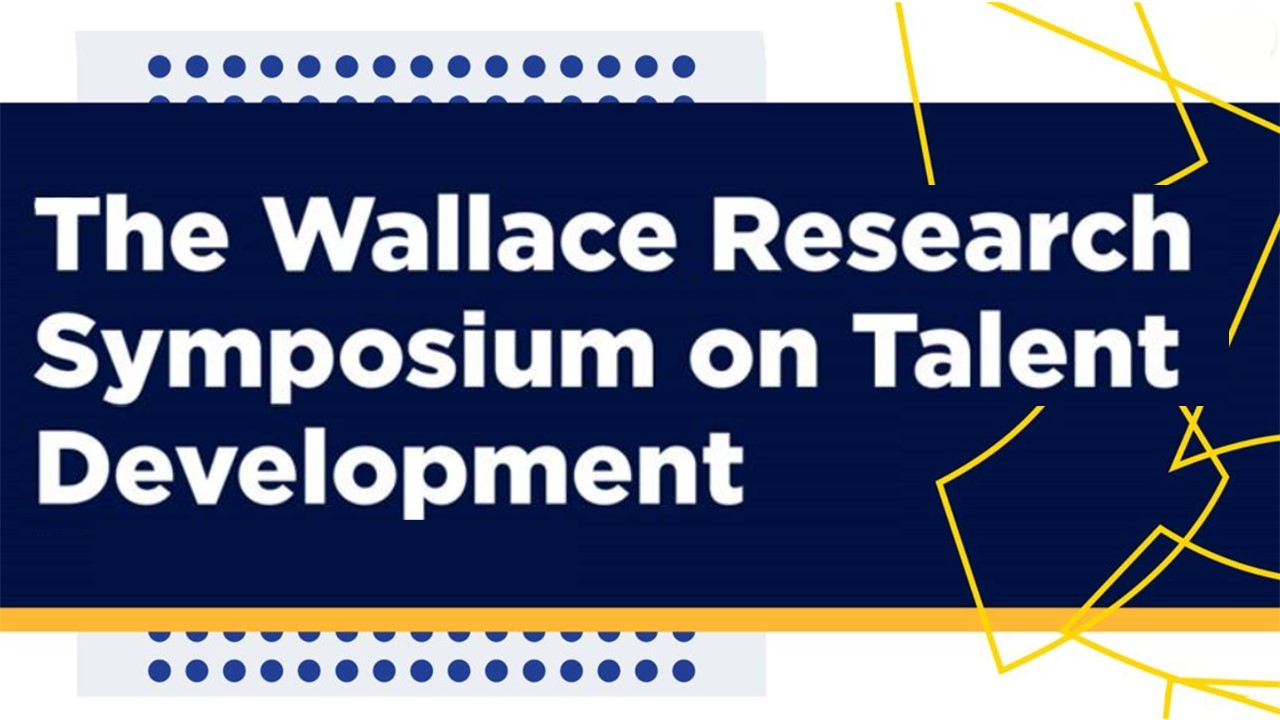
Schedule
Speakers
Campus/Building Maps
Updates
Keynote: Gifted Education Research from the Economists’ Perspective: What Have We Learned? — David Card & Laura Giuliano
Monday, May 20, 2024, 3:45 – 4:45 pm, Lawrence D. McHugh Hall, Room —
We discuss our ongoing research on the gifted education policies in one of the nation’s largest school districts, focusing on the district’s innovative approaches to identifying and serving less advantaged students. Our work reflects an economist’s approach to program evaluation: it applies quasi-experimental research designs to large administrative data sets with the goal of credibly estimating causal effects. We begin with an evaluation of a universal screening program introduced in 2005, which used low-cost screening tests to identify potentially gifted children in second grade, while leaving in place the IQ-based criterion for gifted eligibility mandated by the state. The testing program revealed that there were many children, particularly minority and Free-lunch eligible students, who were missed by the traditional parent/teacher referral system. Many of these newly discovered students were in schools with very few (or even no) gifted children prior to the screening program. We then turn to the longer-run impacts of being identified as gifted, including high school course selections and college attendance. Here, we exploit the IQ threshold for gifted eligibility, using comparisons of students with IQ scores just above and just below the threshold to derive credible estimates of the causal effect of barely attaining gifted status. For English language learners and free-lunch eligible students, who face a lower 116 IQ point threshold for gifted status, we find large positive effects on math course-taking and grades in middle and high school, on AP credits, and on college entry. These improvements are concentrated among disadvantaged boys, who, in the absence of gifted status, perform worse than their female counterparts. In contrast, for non-disadvantaged students who face a traditional 130 IQ point threshold, we find only small and statistically insignificant effects for both genders. Finally, we turn attention to a group of non-gifted but relatively high-achieving students who were selected to fill up separate “gifted/high achiever” classrooms in 4th and 5th grades, offered in any school with at least one gifted student in these grades. As a result of the universal screening program, nearly all schools in the district offered such classes after 2005. Using the fact that non-gifted students were assigned to fill available seats in the separate classrooms based on their rank in the previous year’s state-wide tests in reading and math, we again conduct an evaluation that compares barely eligible and barely ineligible student outcomes in following years. We find persistent positive effects on test scores up to 8th grade for high achievers assigned to the separate classrooms, concentrated among Black and Hispanic participants. A question that emerges from our research is why the treatment effects vary as they do across different types of students. We consider potential explanations, highlighting insights produced by our quasi-experimental designs. We conclude that when evaluating advanced academic programs, it is important to consider both the characteristics of the participants for whom causal effects are uncovered and the outcomes that best capture their potential gains.
